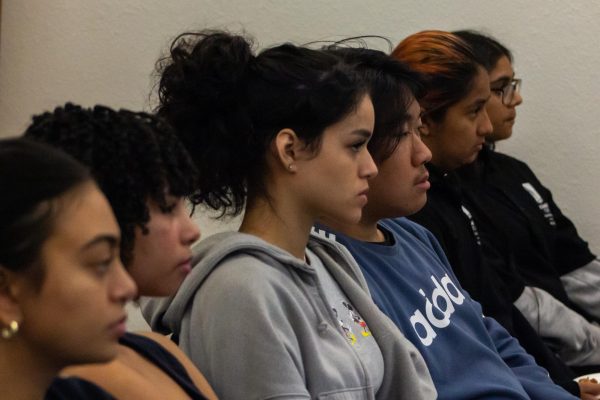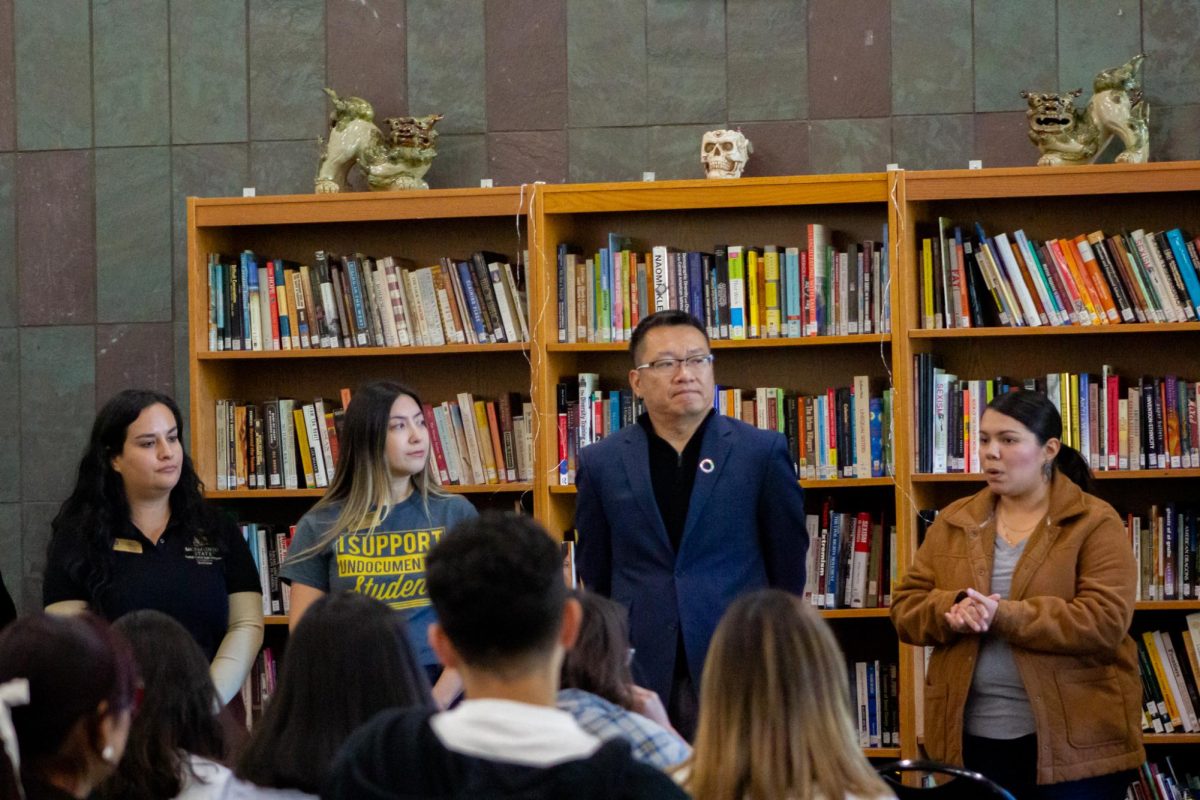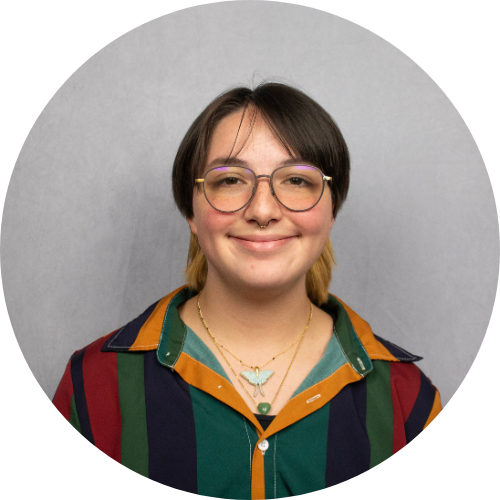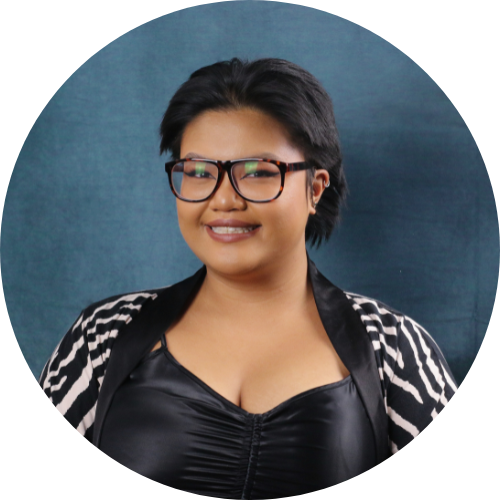Students and staff held a post-election reflection in the Multicultural Center at Sacramento State on Wednesday, Nov. 6, to process the results of the previous evening and provide support for one another.
On Tuesday, Nov. 5. 2024, the Associated Press announced Donald Trump as the winner of the 2024 U.S. presidential election, within hours of the Republican party winning a majority in the Senate.
Students at Sac State discussed how they felt about the results during the event. The MCC said the purpose was to connect students to campus resources and address the current issues. The event offered lunch, support circles and an open forum.
Catherine Mayorga, the center’s director, said the MCC has historically been a space of healing on campus and that the center has done similar events in the past. In preparation for the event, Mayorga said she envisioned the gathering as a moment of communal reflection and learning.
“A lot of folks have different processes when reflecting,” Mayorga said. “When a community comes together, people tend to talk about things that matter.”
RELATED: Election 2024: Presidential Outcome and Key California votes
The event was facilitated by Dr. Ernest Uwazie, director of the Center for African Peace and Conflict Resolution and criminal justice professor at Sac State. Uwazie said that while the election results had disappointed him, his concern now lies in ensuring students and faculty can continue to hold hard conversations about social issues.
“There is no doubt that marginalized populations feel threatened with the rhetoric echoed at the national level right now,” Uwazie said.

Carlos Gaxiola, a second-year fashion major, said that the event helped him vent his emotions about the election results. He said that, though he did not speak up during the forum, the event helped him process his emotions.
“I needed somewhere to debrief and just let my emotions out,” Gaxiola said. “ I was kind of in a state of shock, but I just wanted to know that there were other people who felt the same way as me, and I did find that today.”
The open forum encouraged continuous dialogue between attendees and campus representatives. Students voiced their concerns over the need for stronger mental health services, the possibility of heightened discrimination and stronger responses from campus administration.
Uwazie said that events like this are key to creating solidarity between diverse communities on campus in times of crisis, encouraging students to take the opportunity to connect.
“Take the time to use this as a moment of creating solidarity,” Uwazie said. “To achieve the society that we desire: that is compassionate, that is respectful of our differences and inclusive.”
Alexis Weremecszko, a fifth-year food nutrition major, said that it came to the event concerned that the election results would change its life. Weremecszko said it felt a sense of dread following the results.
“It’s not uncommon to have people on campus calling queer people pedophiles. It’s not uncommon for people to come on campus and drop Nazi salutes,” Weremecszko said. “I’m worried about being denied a job because I’m trans.”
RELATED: California to decide on marriage equality with Proposition 3 vote
Every semester there are reports of hate speech on campus due to California State University’s open campus policies, Weremecszko said. It said it is concerned with the mental strain these incidents may have on students following the election results.
Mayorga said that the event is not just to process feelings but also for students to know there is a space on campus to gather as a diverse collective. The sentiment was not lost on students like Gaxiola and Weremecszko.
“[To] come together means the world, it really does,” Gaxiola said. “It’s extremely crucial to see allies, people outside your usual circles supporting you, because it lets you know that you’re not the only one feeling that way.”
Dr. Marcellene Derbigny-Watson, Associate Vice President for Student Retention and Academic Success, said that these events continue the important practice of building community.
“We can’t let others dictate that power, and when we do that, we can move in positivity,” Derbigny-Watson said. “I feel like from here, we learn how to claim our power.”


































































































































